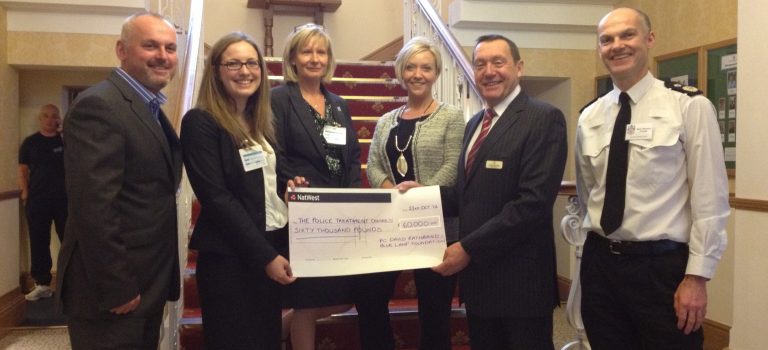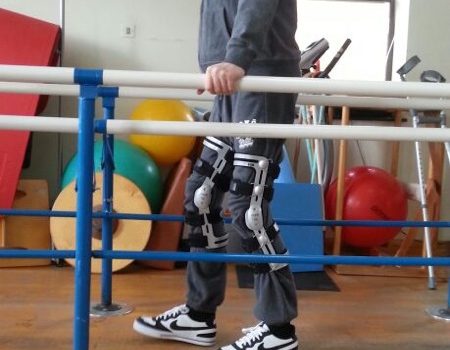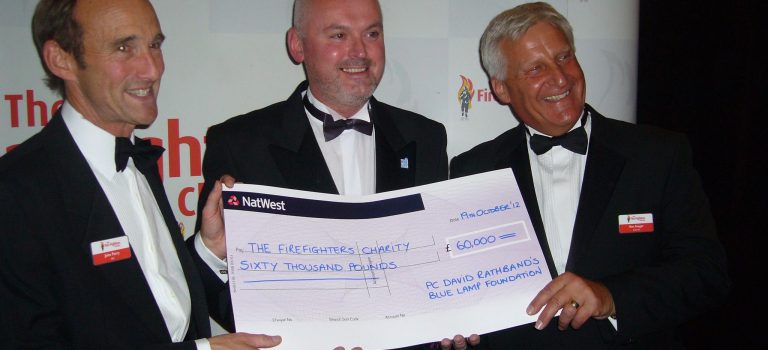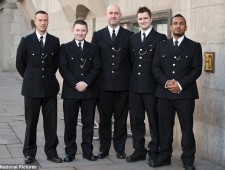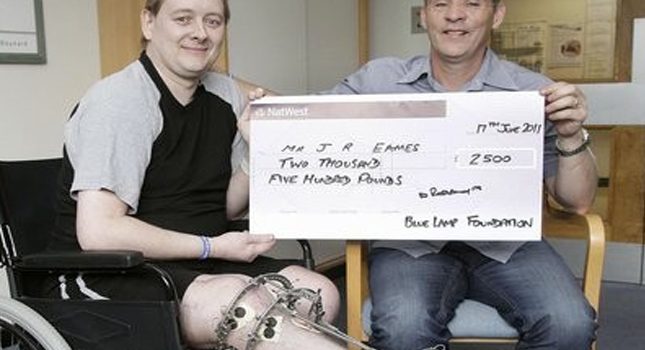
Name: Police Treatment Centres
Background
Startling statistics compiled by police forces across England, Scotland and Wales reveal that approximately 70 Police Officers a day are assaulted in the line of duty, equating to one every 20 minutes. Purposely designed Police Treatment Centres (PTCs) have been established across the UK, to help rehabilitate officers injured in the line of duty.
There are currently two PTCs, one in Harrogate, North Yorkshire, and the other at Castlebrae in Auchterarder, Perthshire, Scotland. Together, the centres care for more than 4,000 serving and retired police officers every year, providing intensive residential physiotherapy to ensure injured officers are back on duty, serving the public and the communities in which they live, as soon as possible.
The centres are operated as a charity, with each serving officer, across all police forces, including British Transport Police, the Civil Nuclear Constabulary and the Ministry of Defence Police, currently donating approximately £1.30 a week to their upkeep.
How did the Blue Lamp Foundation help?
The Blue Lamp Foundation has donated £60,000 to help in the continued refurbishment and work of the PTCs. The donation, when combined with the donations of officers themselves, and a £500,000 donation from the Home Office, plus a £250,000 grant from the Police Dependents Trust, has helped to meet £1.3 million of the total £3 million cost of refurbishment of the Harrogate PTC, bringing its centres facilities up to modern standards.
This money has helped to bring the 23 bedrooms and the patients Blue Lounge, up to modern standards, with two rooms especially designed and refurbished for patients with poor mobility and bariatric issues.
The impact this help had on the individual’s life
Research, in hospitals across the UK, has shown that bright and modern surroundings help patients improve their health more quickly. This has been borne out by the very positive feedback received from patients about their recovery and the overall standards of the facilities in which they are making this recovery.
The 23 bedrooms at the Harrogate PTC were outdated and poorly designed and have now been refurbished to include modern en-suite shower rooms. The rooms also all have new windows, making them warmer and brighter. The patient’s lounge has received a total makeover, including new specialist furniture specifically targeted at helping police officers who have suffered back injuries.
The future
As with most charities, the PTCs rely on regular donations to fund their continued work. While 88% of its funding comes from serving police officers, it is feared that cuts in the number of serving officers looks certain to affect the funding of the PTCs, with a shortfall of approximately £500,000 predicted. The PTCs need to look at new revenue streams and donations to fund their work in the future, helping injured officers back onto the beat.
As well as funds to meet the day-to-day running costs of the centres, more funding is required to fund capital requirements. Demand on the services of the PTCs centres in Harrogate and Scotland, continue to grow and there is increasing pressure on the facilities, with other areas in need of modernisation and refurbishment to better meet the needs if the officers attending for vital treatment.
PC David Rathband’s Blue Lamp Foundation continues to work closely with the PTC in Harrogate and has referred officers who have contacted the charity for support and assistance after being injured in the line of duty. The Foundation has been able to fund a stay at the Centre for these officers who were not covered by membership of the Police Federation.
HRH The Duke of York officially reopened the refurbished facilities in 2013 and heard about the support of The Blue Lamp Foundation as part of that visit.

